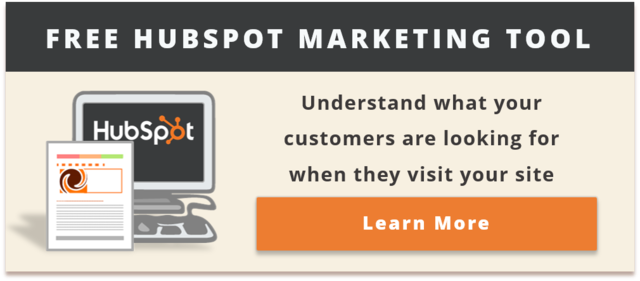SHARE
Sales Scalability in the Manufacturing Industry

The manufacturing industry is all about doing things as efficiently as possible, and making production scalable.
Leaning out systems, production, and material usage to get the best product as fast and affordably as possible is a main focus of most R&D teams. Managers, engineers, and technicians are always on the hunt for ways to make production faster, cleaner, and more efficient. Lean manufacturing improves scalability and sales growth potential. But how can you apply these principles to the sales process?
If you want to scale your business, then it's a good idea to implement lean manufacturing processes. This does not mean cutting back your sales team and expecting half as many people to do twice as much work. Applying the concepts of lean manufacturing to sales means looking for ways to streamline your processes, so your team has more time for connecting with their leads and spends less time on mundane administrative tasks.
#1 Way to Improve Sales Team Scalability
The best way to start leaning out your sales process is to invest in a customer relationship management (CRM) tool like HubSpot. HubSpot can help you define processes, automate systems, and track a wide variety of statistics. It can also help your team improve customer service, work more efficiently, and spend more time with qualified leads.
A CRM houses all your data on your customers, your sales pipelines, and your website in one easy-to-access central location. Here are 3 ways to take advantage of your CRM to improve sales performance and drive sales scalability.
3 Ways to Use Your CRM to Improve Scalability
1. Develop Easy-to-Use Email Templates
With email marketing you don’t have to devote as much of your resources to costly ad campaigns. Free software and content created in-house can cut down on your marketing costs. Setting up regular content as email templates helps your sales team cut back on the time they spend writing emails. With templates they can quickly tailor the content and hit send. There’s plenty of ways to use email marketing to drive sales growth.
2. Automate Sales Lead Nurturing to Save Time
 If you’re producing inbound marketing content, you should automate your lead nurturing in HubSpot. This will increase the quality and quantity of your sales leads. Marketing automation generates sales by attracting leads, which can then be converted into customers by providing well timed, targeted information to them. When prospects sign up for emails or create an account, you can send them information relevant to their position in the buyer’s journey to keep your company top of mind. Automation nurtures these leads toward conversion, so your sales team can spend more time with highly qualified leads, helping to support scalability.
If you’re producing inbound marketing content, you should automate your lead nurturing in HubSpot. This will increase the quality and quantity of your sales leads. Marketing automation generates sales by attracting leads, which can then be converted into customers by providing well timed, targeted information to them. When prospects sign up for emails or create an account, you can send them information relevant to their position in the buyer’s journey to keep your company top of mind. Automation nurtures these leads toward conversion, so your sales team can spend more time with highly qualified leads, helping to support scalability.
3. Create Custom Sales Pipelines for Your Team
HubSpot allows your sales team to create multiple deal pipelines. This enables sales teams to work more efficiently, and customize their processes around the unique needs of your buyers. For example, manufacturing customers might require a much more in-depth presentation phase in the sales process to educate them and explain the benefits of purchasing a large order with your company. Your deal pipeline could include additional presentation stages or increasing levels of detail for your sales process.
Efficient Sales for Manufacturing Industry Scalability
If you’ve spent time making sure your manufacturing operations are lean, it only makes sense to find ways to make your sales processes more efficient too. Investing in a CRM, tailoring sales processes, automating marketing, and using custom pipelines can all help improve scalability resulting in sales growth.
Try a Free Tool to Better Understand Your Customers
Topics
- Content Creation (297)
- Growth-Driven Design Websites (167)
- Inbound Marketing (147)
- Sales Growth (133)
- Tangible Words (111)
- Search Engine Optimization (85)
- Social Media Marketing (83)
- Hubspot (78)
- Blogging for Business (75)
- Economic Development (64)
- Events & Training (60)
- Company Growth Podcast (49)
- Manufacturing (47)
- Tourism (46)
- Email Marketing (42)
- Case Stories (40)
- Testimonials & Client Feedback (36)
- Education and SaaS (23)
- Google (21)
- Careers (19)
- Inbound Marketing Agency (19)
- Cool Companies (18)
- FAQ (16)
- Alysha Dominico (13)
- Associations (7)
- Food and Beverage (7)
TW Blog Sign-Up
Learn more about how to grow your business and improve your sales team process.




2%20(blog%20dimensions)(alterntate%20text).jpg)


